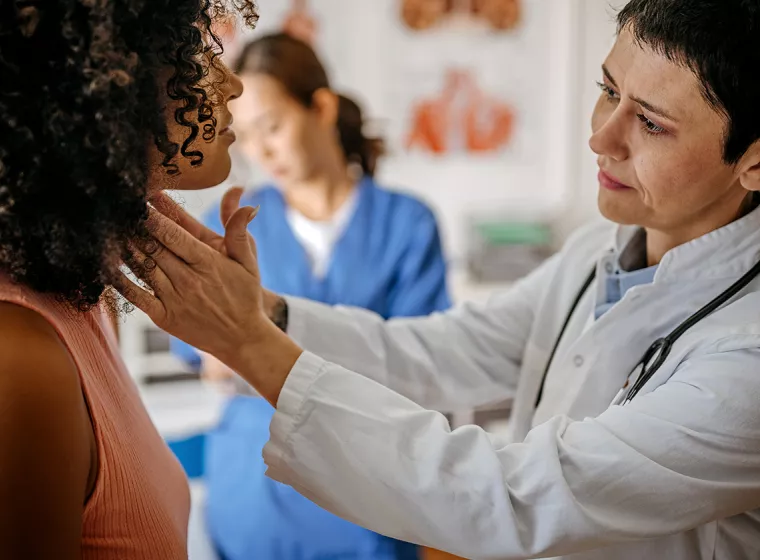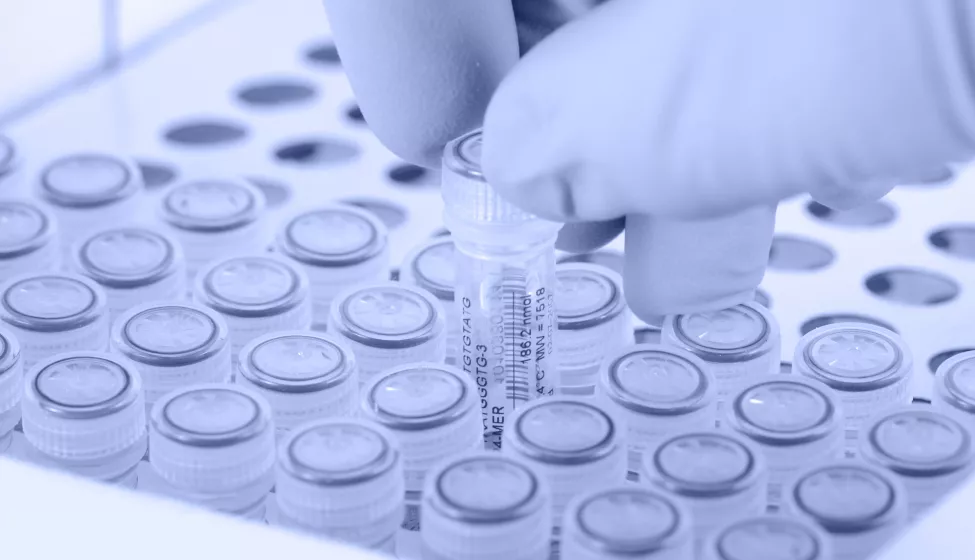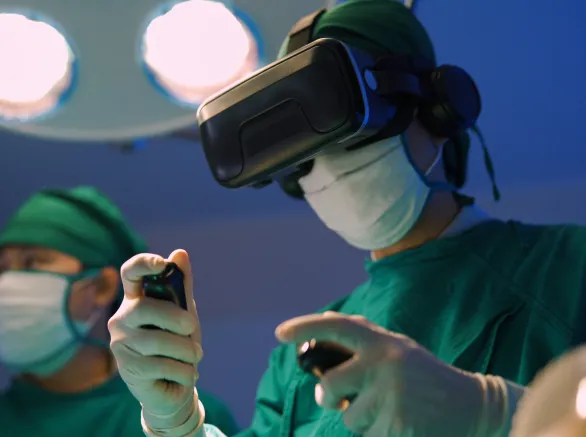November 8, 2023
FDA's Center for Biologics Evaluation and Research will recognize standards developed by VCS bodies that adhere to five common elements
Last month, the Food and Drug Administration announced the formation of a "Voluntary Consensus Standards Recognition Program for Regenerative Medicine Therapies" and published a guidance document for industry under the same name. The guidance document demonstrates FDA's interest in fostering the establishment of widely recognized standards for the development of cell and gene therapies and tissue-engineered medical products.
This guidance describes a standards recognition program for regenerative medicine therapies at FDA's Center for Biologics Evaluation and Research (CBER) designed to identify and recognize voluntary consensus standards (VCS) to facilitate the development and assessment of regenerative medicine therapy (RMT) products regulated by CBER when such standards are appropriate. Such standards typically involve common industry needs, such as process methods necessary for the delivery of a therapy (e.g., cryopreservation methods).
CBER's five elements for standards recognition
CBER intends to consider recognition of standards developed by VCS bodies outside of the federal government that adhere to the following five elements:
- Openness: The procedures or processes for participating in standards development are transparent and open to interested parties. Such parties are provided "meaningful opportunities to participate in standards development on a non-discriminatory basis."
- Balance: A broad range of stakeholders engage in meaningful involvement in the standards development process of the VCS body, with no single interest dominating the decision making.
- Due Process: The standards development process of the VCS body contains a due process provision where (1) that body's standards development policies and procedures are documented and publically [sic] available, (2) all stakeholders are provided adequate notice of that body's meetings and standards development activities, "sufficient time to review drafts and prepare views and objections, access to views and objections of other participants, and (3) a fair and impartial process for resolving conflicting views."
- Appeals Process: The standards development process of the VCS body contains an appeals provision, which allows that body to impartially handle any procedural appeals.
- Consensus: During the development of consensus on standards, comments and objections are considered using fair, impartial, open, and transparent processes.
FDA intends to review VCSs for recognition throughout the year. In addition, the agency will update its list of recognized consensus standards twice a year on the FDA Regenerative Medicine website. Each recognized standard will be accompanied by a standard recognition summary (SRS). Developed by CBER and the Office of Therapeutic Products, the SRS outlines the scope and extent of a recognition.
Opportunities for makers of regenerative medicine therapies to participate
Any stakeholder can request recognition of a specific VCS by submitting an email to CBER with the name of the standard development organization, the title and designation number of the VCS, a proposed list of products the standard could cover, a rationale for the request, and a brief description of the testing and performance of the regenerative medicine therapy. Stakeholder investment in the VCS recognition process helps spur innovation across the industry and demonstrates a commitment to the general public to bring safe products to market.
For regenerative medicine stakeholders, FDA's actions through CBER have demonstrated that the agency is keenly aware of the rapid pace of innovation in this sector and aims to support innovation by establishing mechanisms to maintain quality and safety of new therapies for patients. Regenerative medicine stakeholders can likewise bolster their position in the market through involvement in these processes.
What Can We Help You Solve?
Exponent's multidisciplinary biomedical and health sciences consultants support clients along the full product lifecycle for regenerative medicine therapies. With expertise in clinical epidemiology, pharmacoepidemiology, safety assessments, chemistry manufacturing and controls, pre-clinical and clinical research, and health economics, we help regenerative medicine therapy manufacturers through regulatory submissions and market entry to postmarket surveillance.

Biomedical Expertise for Therapeutic Areas
Multidisciplinary insights for a range of therapeutic product development challenges.

Life Sciences Due Diligence
Due diligence technical consulting services to help verify the science and technology behind medical devices and related therapeutics.

Regulatory Compliance for Medical Products
Experienced regulatory support for medical devices, pharmaceuticals, and combination products.

Biomedical Engineering Laboratories
Expert biomedical laboratory services, delivering evidence-based answers for your most complex challenges.

Healthcare and Life Sciences Value & Outcomes Assessment
Strategic guidance for medical product value and access, including drugs, vaccines, and medical devices.

Multidisciplinary Expertise for Pharmaceutical Testing & Modeling
Evaluate pharmaceuticals with pharmacodynamic modeling, clinical epidemiology, and pharmacoepidemiology studies.




